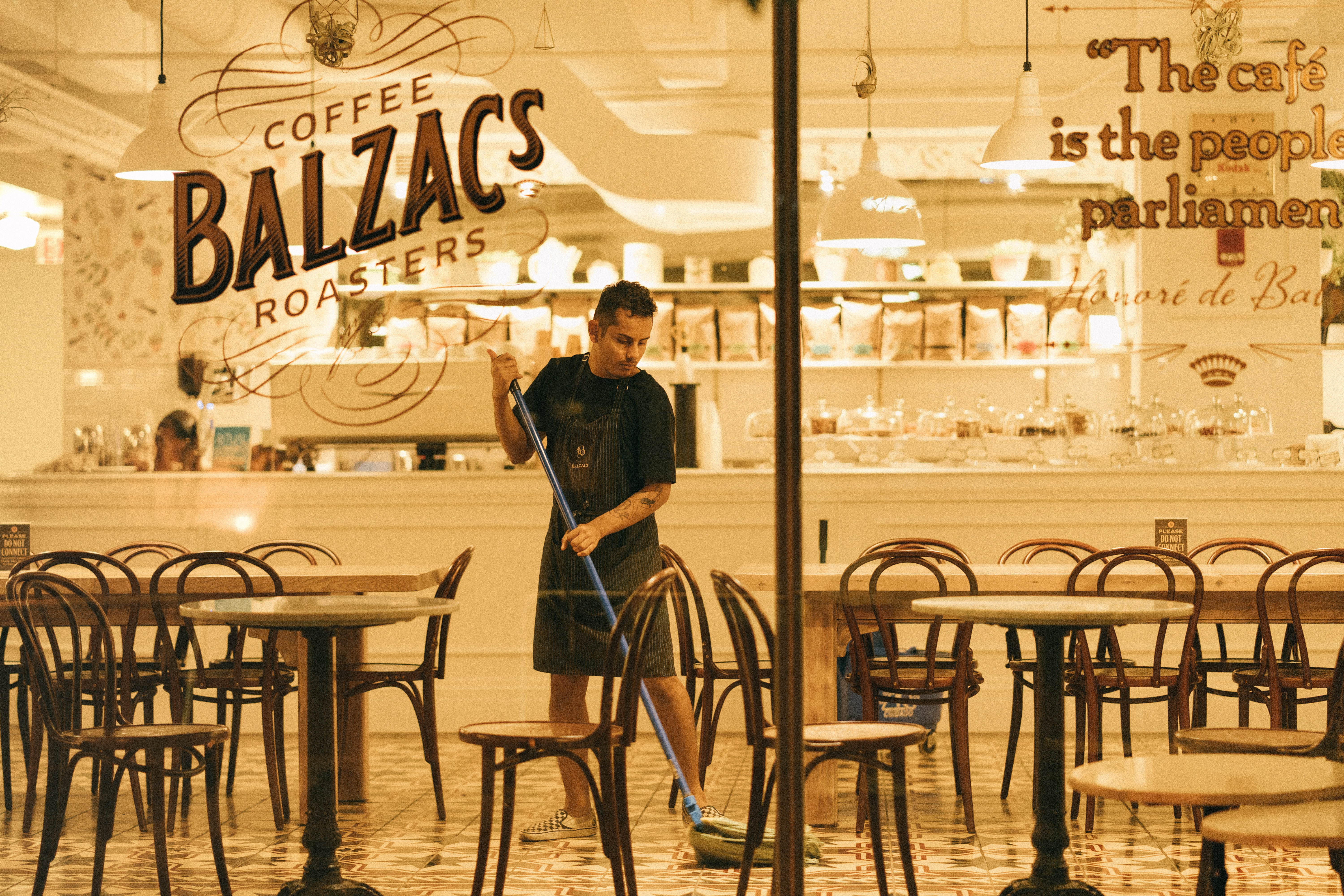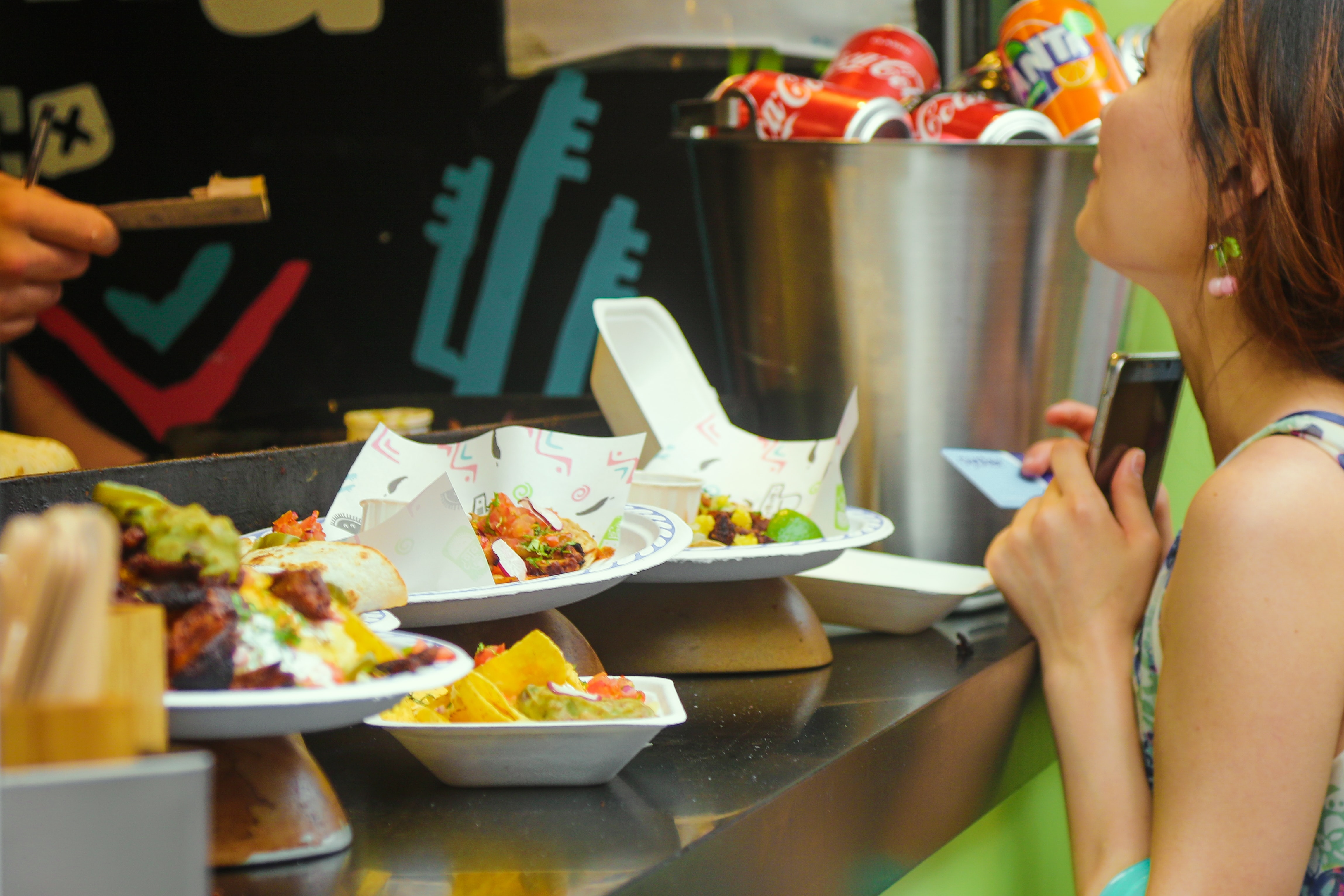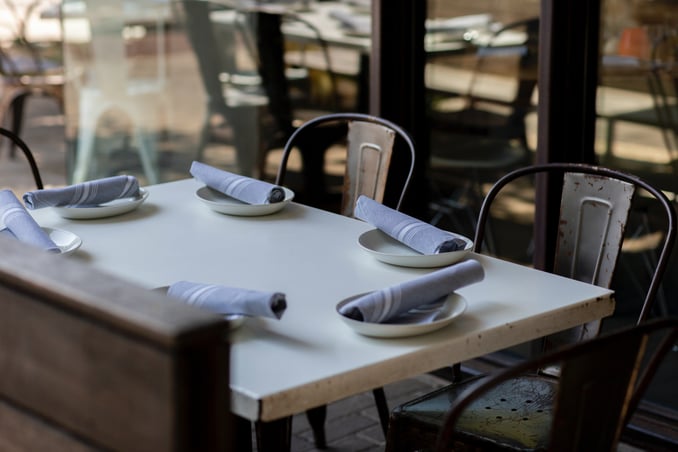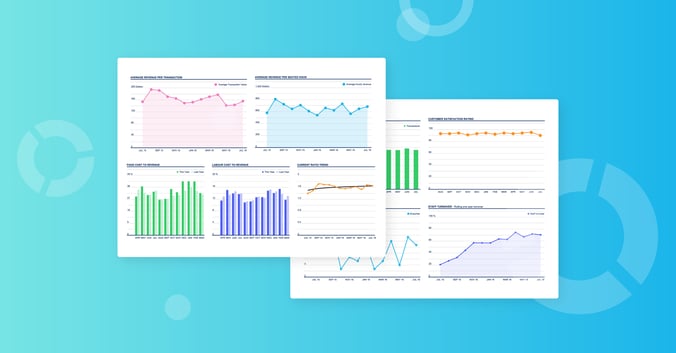While some industries have remained relatively unscathed throughout the pandemic, others have taken a brutal hit. One such industry is the hospitality sector: lockdown regulations have decimated most restaurants and hotels, and urgent attention is needed. Learning about the specific challenges your clients in the hospitality industry are facing right now can help you better advise your clients in this sector, so they in turn can make better decisions. The key question: what advice can you provide to drive better business outcomes?

In one of our most recent webinars, we gave specific tips around how hospitality clients can pivot their offerings, in order to stay relevant during this challenging period. The industry is hemorrhaging jobs and income: according to economicmodeling.com, because of the pandemic, hospitality is losing an average of $534 million in earnings and over 12,000 jobs every day on average globally. In the US, the situation is even more bleak, with calculated losses of $923 million and 16,000 jobs daily. These grim statistics shine a spotlight on the desperate need of the industry, and the opportunity for accountants and advisors to step-up and take action.
Let’s take a look at specific measures you can take with your hospitality clients.
Update marketing strategies to target the most relevant customer base
Lockdown regulations in different countries mean that restaurants are operating under different scenarios. Any solution you recommend will have to take this into account. For example, while New Zealand businesses have been allowed to operate virtually restriction-free since June 9th 2020, their closed borders have decimated the tourism industry. To offset the shortfall the government has been encouraging backyard tourism, and tourist hotspots are running ads offering themselves up as a holiday destination, in lieu of international travel.
Bearing this in mind, the first step you can take is helping your client identify their best potential customer base in this new climate, and determining their best chances of attracting them. If your clients can afford to do so, what marketing strategies should they put in place, using which mediums? Do they have an interesting story that could generate some free publicity? What marketing assets can they utilise to advertise to a potentially new client base, e.g. do they have a popular Facebook page, are they active on Twitter, are there paid advertisement discounts in their region?
More than anything, they need to be able to demonstrate that they can operate safely, while obeying lockdown orders in order to stay open and have revenue coming in. Share knowledge amongst similar clients on their operating procedures to maximise revenue—chances are you have more than one client in the same region and industry, and at this point, they’re all in this together.

Suggest pivoting offerings to keep businesses buoyant
If your clients are cafes or restaurants and they’re unable to keep their doors open, now is the time to investigate the feasibility of food delivery. Despite an initial slump during COVID-19, the global online food delivery industry is set to have a CAGR of 11.51% by 2023. UberEats alone saw a gross sales growth of 54% in Q1 of this year. The numbers overwhelmingly back up the fact that people are ordering in more than ever, and your clients shouldn’t be left behind. If their own kitchen has to close, recommend shifting to a local cloud kitchen, which will allow them to keep innovating and delivering to their customer base, all while paying low rent.
If this is not feasible, what other services can they now offer?
- Chances are they have excess inventory from their restaurant—can they sell some of this off while they don’t need it?
- If they have raw ingredients on their hands, could they put together meal kits to sell to customers, many of whom might be cooking now more than they used to?
- If your client runs a hotel or an inn, can they offer educational tutorials online on how to make up hotel beds, or explain how they go about their cleaning regimes, for people to recreate in their own homes?
- If they have a signature dish, what about selling the recipe for it online?
- If your client is a bar, could they sell alcohol online and fulfil their own deliveries?
The key here is to make up as much of the shortfall as possible, while keeping their brand at the forefront of their customers' minds. Get innovative, get creative, don’t let them wait for better times that might not come.
|
Analyse business performance using Spotlight Reporting Using Spotlight Reporting’s Hospitality Industry Template you can easily create a tailored report for your hospitality clients. The pre-built template will work straight out of the box (you’ll just need to import source data and assign report codes). No more fiddling around trying to figure out how to create formulas or add charts. Like any other industry, hospitality has specific measures that should be reported on, from ‘Average Revenue per Transaction’ to ‘Labour Cost to Revenue’. In particular, the ‘Food Cost to Revenue’ metric tracker easily identifies high-yield offerings for your client to focus on, while eliminating underperformers. Surfacing these metrics in Spotlight Reporting is easy. And with these in place, you’ll be in a good position to have an informed discussion with your clients about their business performance and direction. Use these metrics to help your clients gain clarity about their current situation, and the opportunities going forward. Take a look at a Hospitality Industry Sample Report.
|
Encourage Introspection
Even with an accelerated marketing strategy and offerings pivot, your clients may still find that they have more time on their hands because of the slump in trading levels. Encourage them to use any spare time to audit their previous operating strategies, so they return to business stronger than ever. Some key areas to consider:
Customers:
- What was the demographic breakdown of their customer base pre-COVID-19, and why? For example, did they cater more to tourists than locals? Depending on your country’s border regulations, is this a feasible model going forward?
- What percentage of their customers were returning customers? If it’s low, why?
- Do returning customers actively recommend your client? Word-of-mouth is the hospitality industry’s greatest marketing asset. How can this behaviour be encouraged?
Employees:
- Hospitality always has a higher turnover of staff, but what is your clients’ staff turnover? Are they running exit interviews or surveys when someone leaves to ascertain why?
- What’s the average length of employment of staff? Does that need to be broken down by area of the business for greater insights?
- What is the number of sales per employee? Who was performing, and who wasn’t? What staff should you therefore have on your busiest shifts or for functions to maximise sales?
- What’s your wage cost as a percentage of sales?
- Are your client’s staff loyal to the company and its vision? Making sure everyone is on the same page can increase motivation and drive better business outcomes.
Marketing
- Do they have a website? What are your monthly unique visits and views?
- Does their website look professional? A shoddy website is a bad representation of the business as a whole, and can dissuade some customers from visiting.
- What is their social media presence?
- Which social media platform is right for their business?
- Are they growing their social presence and gaining business through these platforms?
By focusing on these key areas during a slump in business, your clients have a chance to revitalise and refresh their operational strategy that they might not have had otherwise. Accumulating the answers to these questions will provide you with a snapshot of the health of their business, putting you in the best position to advise them going into the new world ahead.

Where to from here?
Asides from the all-important sales and numbers, it is vital for you as an accountant to understand the situation for your clients on the ground, and help them monitor the effect of putting these strategies in place.
- For a better understanding of what it means to advise hospitality clients during a crisis, we recently hosted a webinar discussing exactly that.
- If you want to read more about what it takes to run a cafe during a financial crisis, our Australian-based Senior Account Manager Steve Kafritsas can give you a first person account.
- For more on advisory during the pandemic, check out our popular blog article “Advising Clients in Troubled Times”.

